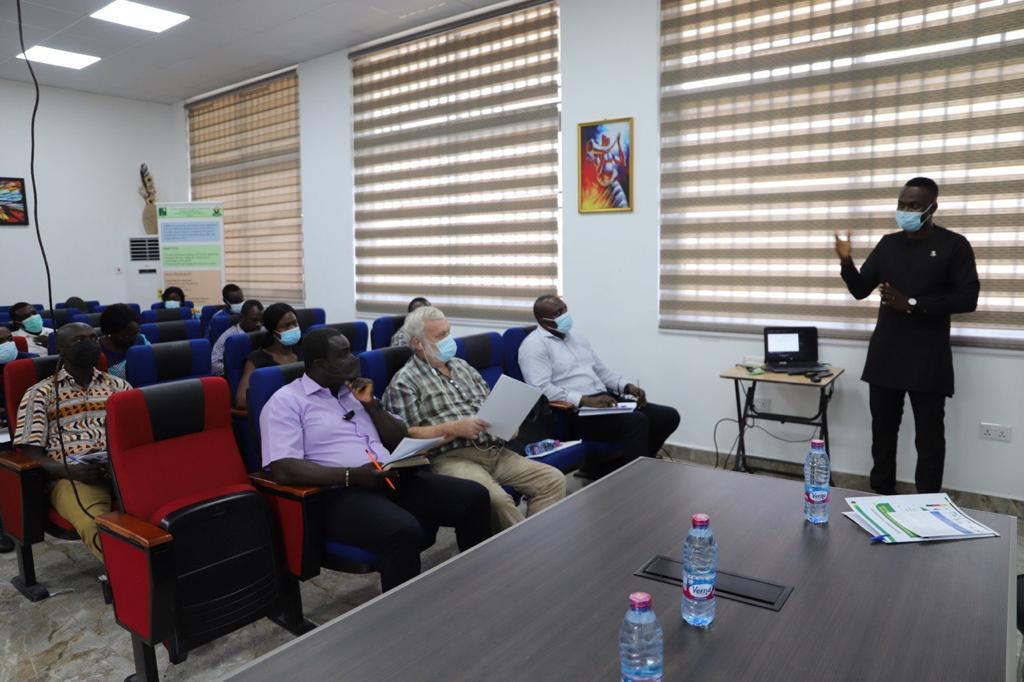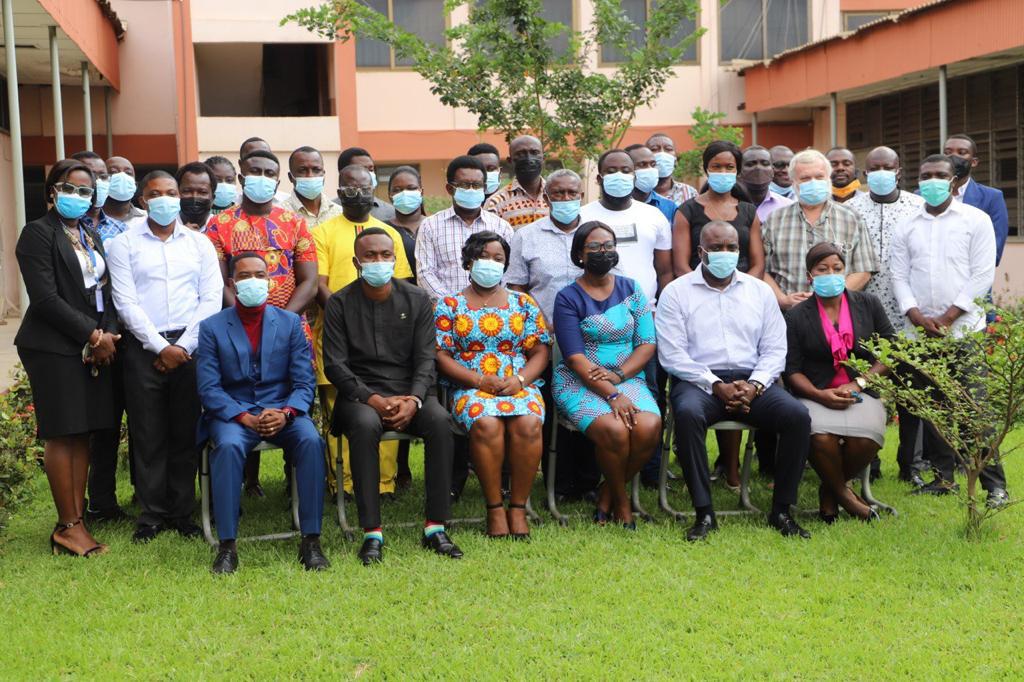
KsTU to generate renewable energy from domestic waste
The Kumasi Technical University(KsTU) is undertaking a new renewable energy project to supply electricity to support the national grid with 400 kilowatts (KW) of renewable energy.
The project is being funded by the German Federal Ministry of Education and Research (BMBF) and aimed at developing tailor-made solutions to tackle the problem of waste management as well as power management in Ghana by converting municipal domestic waste into useful energy.
The project, dubbed: “ Hybrid Waste to Energy(W2E), a Sustainable Solution for Ghana”, seeks to develop concepts for waste segregation by using biogas, pyrolysis and solar photovoltaic(PV) technologies.
It will contribute to among others the achievement of Ghana's Sustainable Development Goals(SDG) targets in energy, waste management, job creation and climate change.
The project is being hosted by the Department of Chemical Engineering (MTech in Chemical Engineering), and the Department of Civil Engineering (MTech in Water and Environmental Engineering), and coordinated by the Centre for Renewable Energy and Energy Efficiency-Kumasi Technical University (CREK).

Piloting
Speaking at a consultative workshop in Kumasi on Tuesday, the project coordinator, Dr Julius Ahiekpor, said the project was currently being piloted at Gyankoba in the Atwima Nwabiagya Municipality of the Ashanti Region, and it is expected to be cloned in 10 municipalities across the country.
He added that a multi-purpose facility currently underway at Gyankoba was expected to be completed by next year for the project to be successfully executed.
The facility, he said will have a Laboratory, a biogas system, pyrolysis unit, a composite plant, and water reservoirs, adding that the entire building will be roofed with solar panels, and the premises tarred with bitumen.
Dr Ahiekpor, on behalf of the university, thanked the local authorities of Gyankoma for releasing such a sizable land for the project, which he said even gives room for future expansion.
He said once the project is executed in 2024, the university will hand it over to experts in the private sector to manage the plant for its continued operation.
Also present at the workshop were the Vice-Chancellor, KsTU, Ing. Nana Prof. Osei-Wusu Achaw, Prof. Robert Nagre, the Dean, Faculty of Engineering and Technology
Other speakers included Dr Portia Adade Williams and Mr Johnny Owusu-Arthur, both Research Scientists, CSIR-STEPRI; and Dr Mizpah A.D. Rockson, KNUST.
Energy Commission
On his part, Mr Ohene Kwasi Akuffo, the Programs Officer, Energy Commission, lauded the project and mentioned that the 12,000 tonnes of waste generated daily in Ghana would be put to good use and provide employment.
He said the Energy Commission was committed to developing and elaborating national policies and strategies for all renewable resources and was resolved in tackling problems of changing consumption patterns and negative attitudes of the energy users which only resulted in wastage and high energy consumptions costs.
Background
In 2020, the government of Ghana signed a $5.7 million agreement with Germany to construct a 400 kW waste-energy plant in Kumasi to improve waste management in the country.
It is expected to be executed in 48 months.
Aside from creating 50 direct jobs, the project will also include the training of two post-doctorates, three doctorates, ten masters’ students and 20 academic professionals on hybrid bio-gas pyrolysis systems.
Pix(2) Dr Julius Ahiekpor(seated 2nd left) and some dignitaries in a group photograph with the stakeholders.
